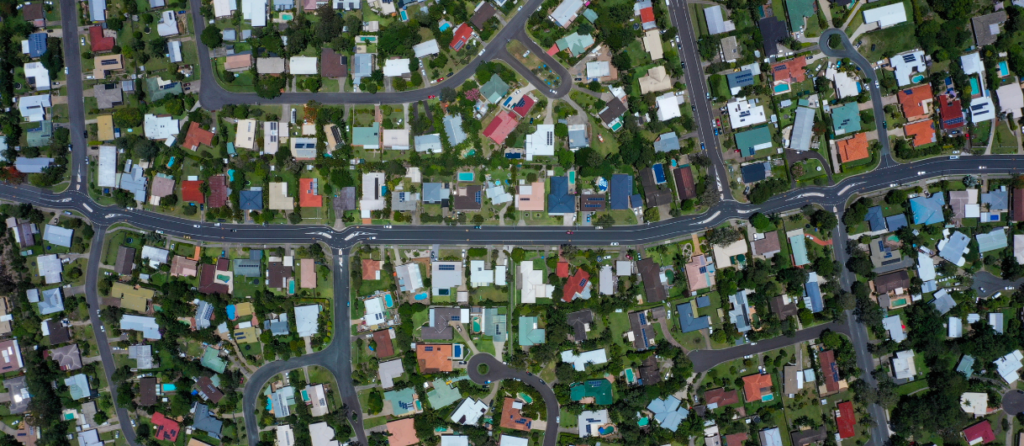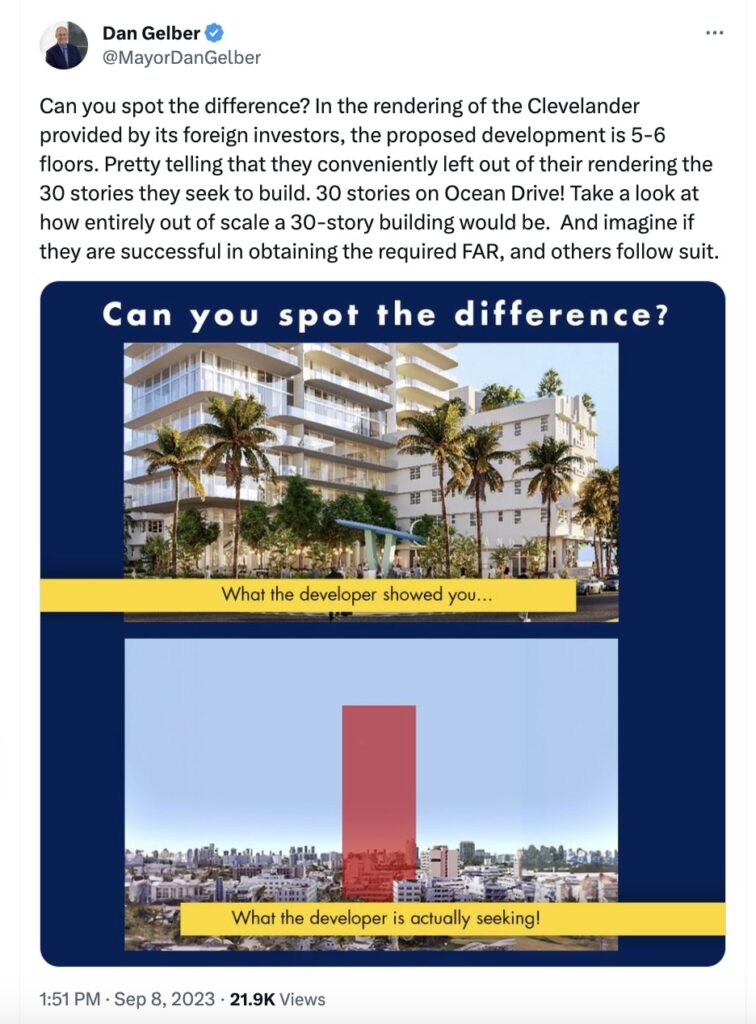Florida’s ‘Live Local Act’ may boost affordable housing – and reckless development, too
Florida’s ‘Live Local Act’ may boost affordable housing – and reckless development, too

Here at VoteWater, we’re in favor of responsible, measured development that inflicts minimal impacts on water quality and quantity, neighboring communities and the environment in general.
The “Live Local Act” ain’t it.
On March 29 Gov. DeSantis signed SB102 into law; the measure provides $711 million in funding and tax incentives for affordable housing projects while removing regulatory hurdles. The goal was to expedite the construction of affordable housing throughout Florida — a dire need, to be sure.
But the Live Local Act seeks to do this by neutering local authority over where and how this housing gets built — and that could lead to huge problems down the road.
To meet the requirements of the Act, a project must be built on a site zoned commercial, industrial or mixed use, and at least 40% of the units must be “affordable” to anyone making up to 120% of an area’s median annual adjusted gross income.
If a plan meets those conditions, a county or municipality has no choice but to approve it.
Moreover, counties and municipalities can’t restrict the density to anything below the maximum allowed by local law. A building’s height can be as tall as the tallest permissible height within one mile, or three stories, whichever is greater. This means that in communities with, say, a four-story height limit, four-story towers could be built next door to single-family homes.
Local governments must consider reducing parking requirements if an eligible project is located within half a mile of a “major transit stop.”
Then there are the tax breaks: If all units are “affordable,” 100% of the value is exempt from local real estate taxes. If not all the units are affordable, 75% of the value is tax exempt. These exemptions last through the end of 2059 — 36 years.
 Already we’re seeing impacts. In Miami Beach developers have announced a plan to replace the iconic Clevelander Hotel and Bar with a 30-story affordable housing tower; it would be by far the tallest building in the vicinity. In much-smaller Martin County, where commissioners have called SB 102 one of the most damaging preemption bills to come out of Tallahassee in recent memory, one “Live Local Act” proposal would build 275 units in four 4-story buildings on the site of a former miniature golf course.
Already we’re seeing impacts. In Miami Beach developers have announced a plan to replace the iconic Clevelander Hotel and Bar with a 30-story affordable housing tower; it would be by far the tallest building in the vicinity. In much-smaller Martin County, where commissioners have called SB 102 one of the most damaging preemption bills to come out of Tallahassee in recent memory, one “Live Local Act” proposal would build 275 units in four 4-story buildings on the site of a former miniature golf course.
That in a nutshell is what we can expect out of the “Live Local Act.” Controversial proposals will sail through with no input from local officials, much less the neighbors. A crazy quilt patchwork of housing will be shoehorned into areas where the infrastructure — existing roads, police and fire services, sewer lines, schools — can’t handle the influx.
More pavement, more people — more problems.
And what about accountability? What of developers who promise affordable housing, but later decide to build market-priced units instead? Maybe they’d lose their tax breaks, but would a project itself get scuttled, if it’s already broken ground?
The Live Local Act is the law; counties and municipalities may have no choice but to comply with its provisions, but local citizens need to watch SB 102 proposals in your own community like a hawk. If a proposal is out of place, speak up; lean on local officials who may already agree with you and perhaps they’ll speak out — as politicians in Miami Beach are, ripping the Clevelander proposal.
And we need to remember who voted for this reckless bill.
Florida needs affordable housing, that’s for sure. But let’s not “solve” one problem by creating a myriad of others.


